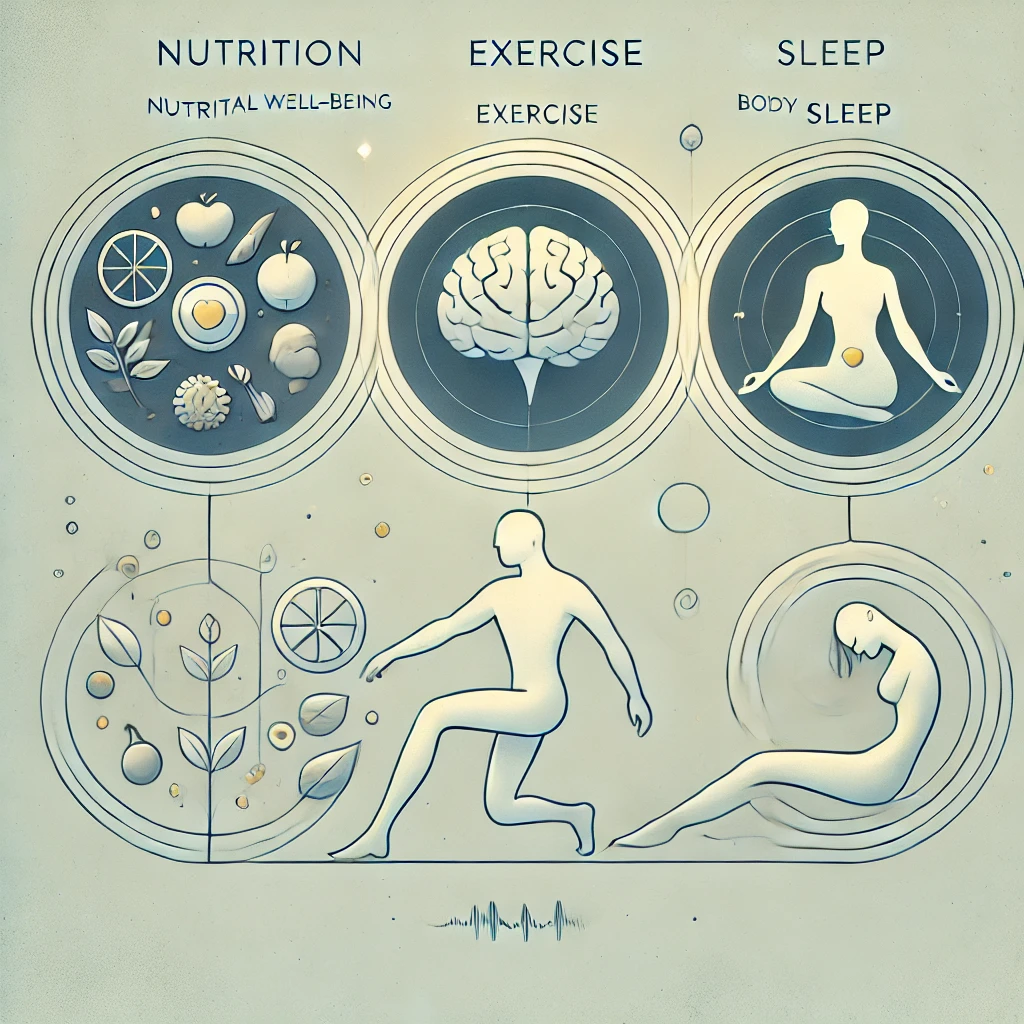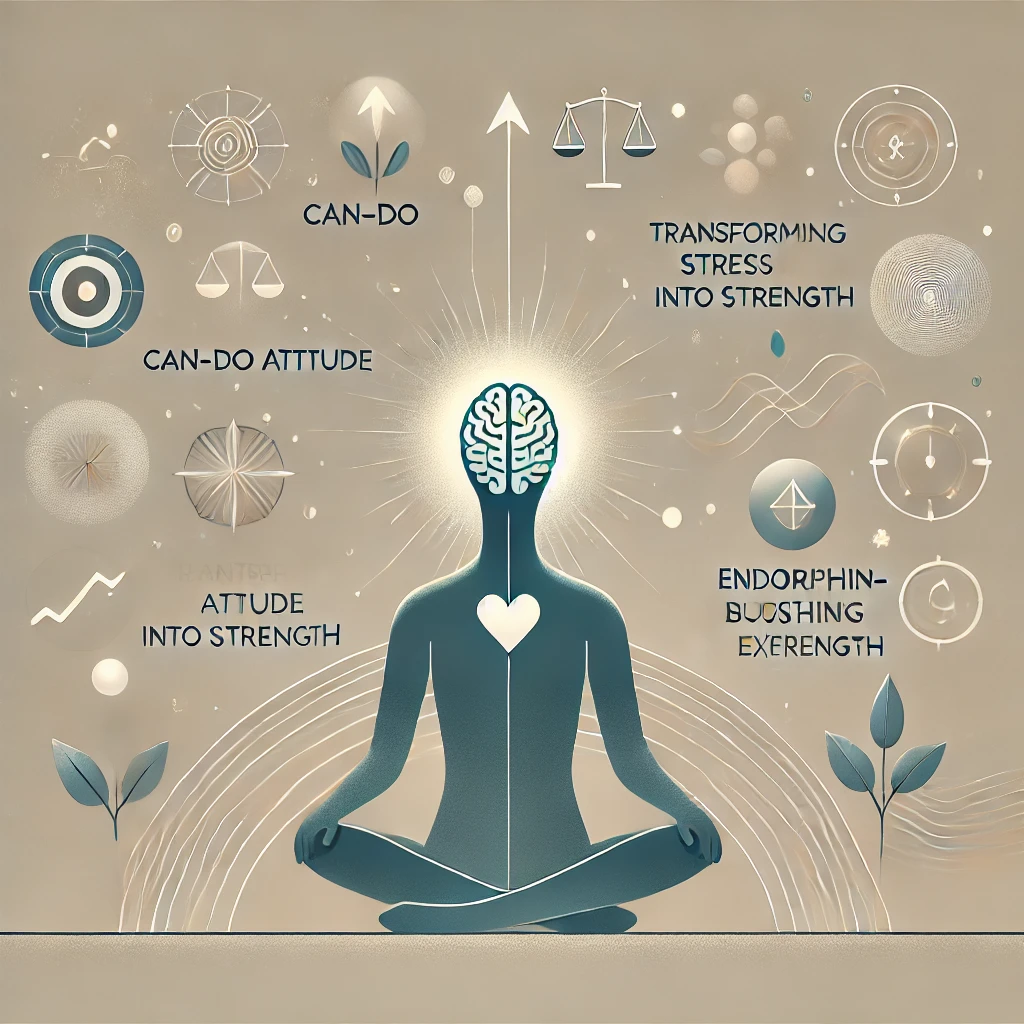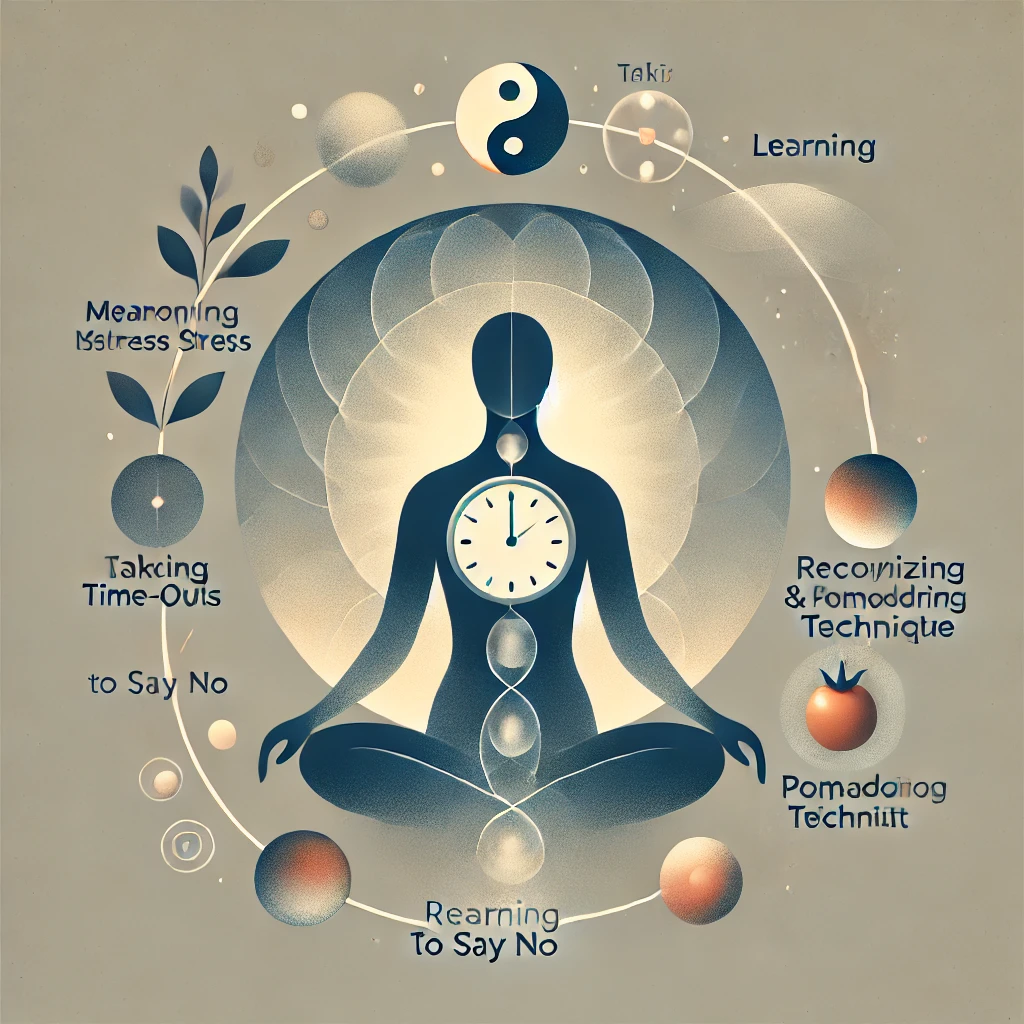
ChatGPT:
In today’s fast-paced world, self-care has emerged as a vital practice for achieving overall health and wellness. Traditional advice often focuses narrowly on diet and exercise, but emerging research and holistic perspectives demonstrate that optimal health requires a balanced approach addressing the body, mind, and spirit. By nurturing these interconnected aspects of ourselves, we can attain greater energy, resilience, and fulfillment in life.
Building a Healthier Body
A healthy body forms the foundation of well-being. Beyond merely choosing nutritious foods, it’s essential to understand the deep connection between what we consume and how our brains function. Nutritional psychology is a growing field that illustrates how food impacts not only physical health but also mental and emotional states. A diet rich in antioxidants, omega-3 fatty acids, and whole foods can help reduce chronic inflammation—a major contributor to conditions such as obesity, diabetes, and cardiovascular disease—as well as anxiety and depression.
One key aspect of physical self-care is the strategic reduction of sugar. Sugar’s role in weight gain and metabolic disorders is well-documented, yet the challenge lies in overcoming the inherent cravings that often feel beyond our control. Rather than relying solely on willpower, innovative approaches—such as gradually substituting sugar-laden foods with naturally sweet alternatives or designing meals that satiate cravings—can be more effective and sustainable.
Equally important is incorporating regular exercise into daily life. Not all effective workouts require a gym membership; at-home exercises can build stamina, flexibility, strength, and balance. Whether it’s yoga, resistance training, or simple stretching routines, moving your body consistently promotes physical health and boosts energy levels.
Another pillar of physical well-being is sleep. Restorative sleep is critical for recovery, mental clarity, and emotional stability. The article suggests learning to identify your “sleep gate”—the window when you are most naturally inclined to fall asleep—and optimizing your sleep environment to hit your “sweet spot” for rest. By addressing common obstacles—such as irregular sleep schedules, screen time before bed, or environmental disturbances—using practical strategies, you can dramatically improve the quality of your sleep and, by extension, your overall health.
Enjoying a Sharper, Calmer Mind
Our mental landscape plays a crucial role in how we experience life. Shifting from self-defeating thoughts to constructive, positive ones is the first step towards mental rejuvenation. Cultivating a “can-do” attitude is more than a motivational cliché—it’s a mindset that empowers you to face challenges head-on. When you approach obstacles with confidence and resilience, you reduce the mental barriers that prevent progress.
Practical strategies include setting small, achievable goals to build momentum. For example, breaking a daunting task into manageable steps can help you move forward with clarity and purpose. Complementing this approach is the daily practice of gratitude. By acknowledging the positives in your life, you can rewire your thought patterns to focus on abundance rather than scarcity. Even simple acts—like writing down three things you’re grateful for each day—can significantly elevate your mood and outlook.
Self-compassion is another powerful tool for mental well-being. Often, we are our harshest critics. Learning to treat yourself with the same kindness and understanding you would offer a friend can transform your internal dialogue and reduce stress. Alongside self-compassion, mindfulness and stress-reduction exercises—such as deep breathing, meditation, or even a brisk walk—can help manage stress hormones and trigger the release of feel-good endorphins.
Moreover, turning negative stressors into positive challenges is a technique that empowers you to take control of your mental state. Instead of viewing stress as an insurmountable barrier, reframing it as an opportunity to grow can alter your perspective and enhance your overall resilience. Implementing a simple two-step method to release pent-up stress—first acknowledging the stress, then engaging in a physical or creative activity—can lead to long-lasting mental clarity.

Relishing a Satisfying Spirit
A fulfilling spirit is nourished by meaningful connections, purposeful living, and effective self-management. In the modern world, where distractions abound, taking periodic “time-outs” is essential to recharge and realign with your inner self. These short breaks can defuse stress and provide the mental space needed to think clearly and act decisively.
Learning to say “no” is a critical aspect of protecting your energy. When you overcommit or allow others to dictate your time, your personal well-being can suffer. Firmly declining requests that do not align with your priorities is not selfish—it is a necessary practice for maintaining balance.
Time management techniques also play a vital role in nurturing your spirit. The “tomato” technique, akin to the Pomodoro method, encourages focused work sessions punctuated by breaks. This approach not only boosts productivity but also allows for the mental and emotional rejuvenation needed to sustain long-term engagement in your pursuits.
Furthermore, it is important to recognize and manage “energy vampires”—individuals or situations that deplete your vitality. By identifying these drainers, you can set boundaries and invest your time in relationships that enrich rather than exhaust you. Along with fostering high-quality social connections, energizing foods can provide the steady fuel required to maintain both physical and spiritual vitality throughout the day.
Finally, discovering a sense of purpose is central to a satisfying spirit. When you understand what truly matters to you, whether it’s through personal relationships, creative pursuits, or professional passions, your life gains direction and meaning. Cultivating this sense of purpose might involve setting personal goals, exploring new interests, or deepening existing connections, all of which contribute to a richer, more fulfilling life experience.

Conclusion
Self-care is not a one-dimensional pursuit confined to diet and exercise—it is a holistic practice that integrates the body, mind, and spirit. By embracing nutritional psychology, engaging in accessible physical exercise, and prioritizing restorative sleep, you lay a strong physical foundation. Nurturing your mind through positive thought patterns, gratitude, mindfulness, and stress management builds resilience and clarity. Finally, enriching your spirit through effective time management, boundary-setting, and purposeful living creates lasting fulfillment and connection.
Incorporating these strategies into your daily routine can help you overcome obstacles, maintain consistency, and achieve a state of well-being that radiates in every aspect of your life. Ultimately, self-care is about making intentional choices that honor every part of you—leading to a healthier, happier, and more balanced life.
